Syndecan-3 is selectively pro-inflammatory in the joint and contributes to antigen-induced arthritis in mice, Arthritis Research & Therapy
Por um escritor misterioso
Last updated 31 maio 2024
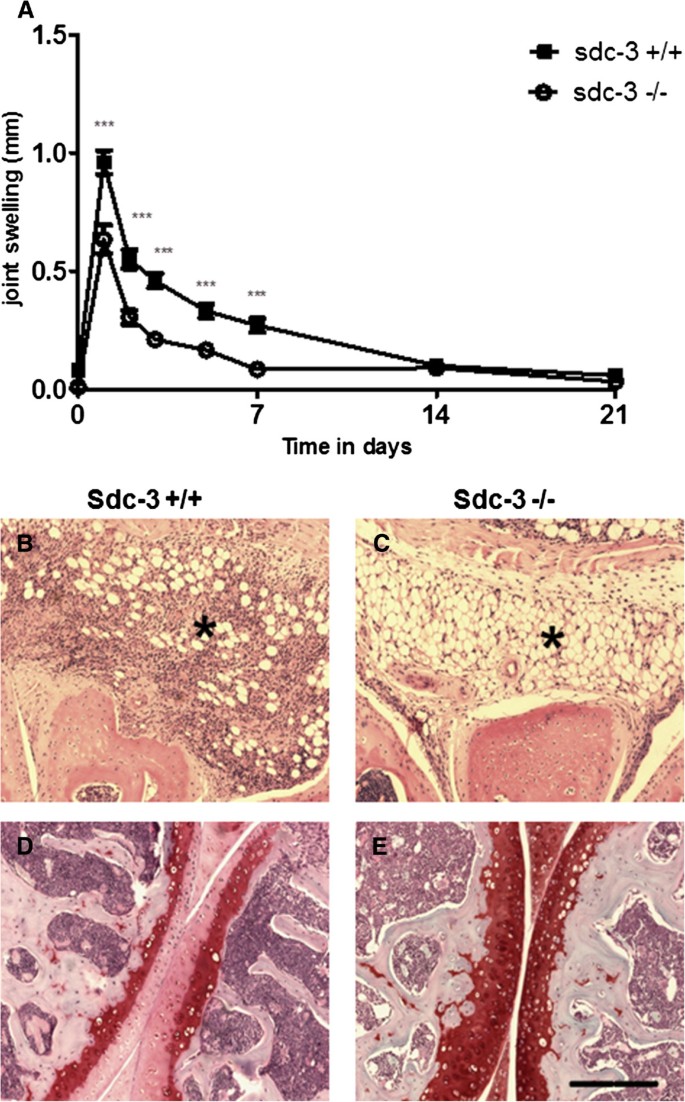
Introduction Syndecans are heparan sulphate proteoglycans expressed by endothelial cells. Syndecan-3 is expressed by synovial endothelial cells of rheumatoid arthritis (RA) patients where it binds chemokines, suggesting a role in leukocyte trafficking. The objective of the current study was to examine the function of syndecan-3 in joint inflammation by genetic deletion in mice and compare with other tissues. Methods Chemokine C-X-C ligand 1 (CXCL1) was injected in the joints of syndecan-3−/−and wild-type mice and antigen-induced arthritis performed. For comparison chemokine was administered in the skin and cremaster muscle. Intravital microscopy was performed in the cremaster muscle. Results Administration of CXCL1 in knee joints of syndecan-3−/−mice resulted in reduced neutrophil accumulation compared to wild type. This was associated with diminished presence of CXCL1 at the luminal surface of synovial endothelial cells where this chemokine clustered and bound to heparan sulphate. Furthermore, in the arthritis model syndecan-3 deletion led to reduced joint swelling, leukocyte accumulation, cartilage degradation and overall disease severity. Conversely, CXCL1 administration in the skin of syndecan-3 null mice provoked increased neutrophil recruitment and was associated with elevated luminal expression of E-selectin by dermal endothelial cells. Similarly in the cremaster, intravital microscopy showed increased numbers of leukocytes adhering and rolling in venules in syndecan-3−/−mice in response to CXCL1 or tumour necrosis factor alpha. Conclusions This study shows a novel role for syndecan-3 in inflammation. In the joint it is selectively pro-inflammatory, functioning in endothelial chemokine presentation and leukocyte recruitment and cartilage damage in an RA model. Conversely, in skin and cremaster it is anti-inflammatory.
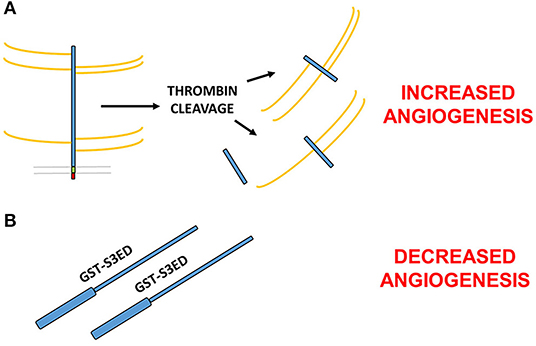
Frontiers Syndecan-3 in Inflammation and Angiogenesis

Effect of Polarization and Chronic Inflammation on Macrophage Expression of Heparan Sulfate Proteoglycans and Biosynthesis Enzymes - Maarten Swart, Linda Troeberg, 2019

Head-to-head comparison of protocol modifications for the generation of collagen-induced arthritis in a specific-pathogen free facility using DBA/1 mice
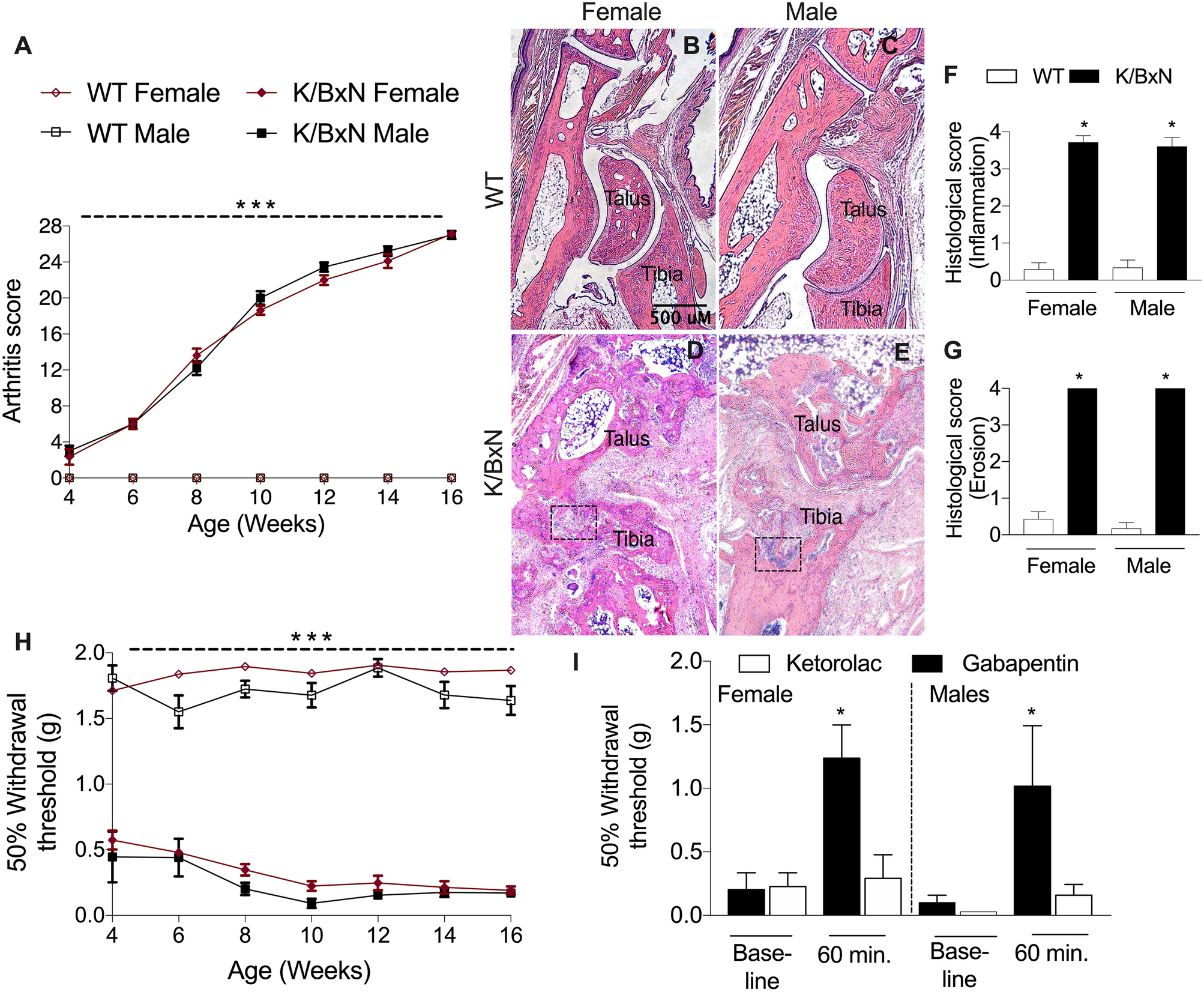
The neuropathic phenotype of the K/BxN transgenic mouse with spontaneous arthritis: pain, nerve sprouting and joint remodeling
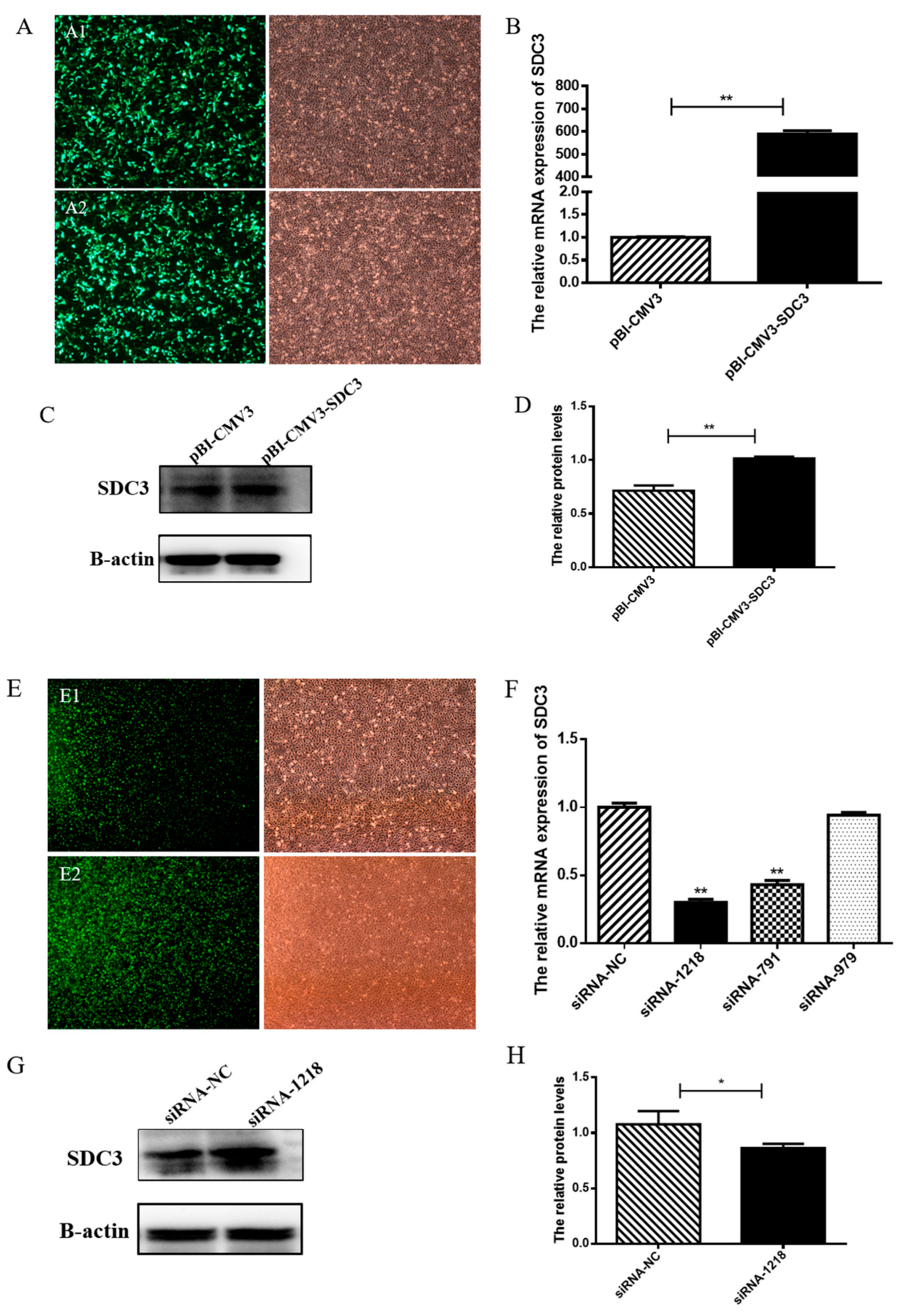
IJMS, Free Full-Text

Synoviocyte-targeted therapy synergizes with TNF inhibition in arthritis reversal
DNMT3B decreases extracellular matrix degradation and alleviates intervertebral disc degeneration through TRPA1 methylation to inhibit the COX2/YAP axis

EP2420250A1 - Anti-Syndecan-4 antibodies - Google Patents

PDF) An approach to the analysis of gene expression in chronically activated T Lymphocytes
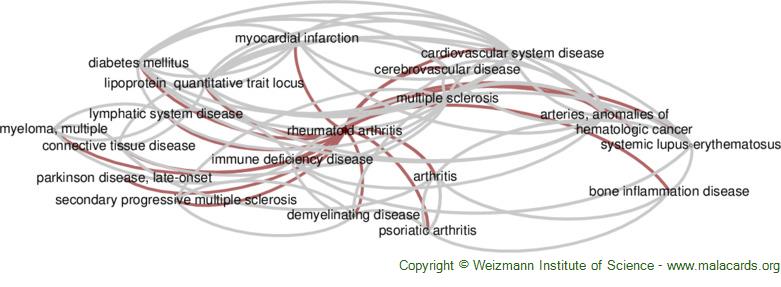
Rheumatoid Arthritis disease: Malacards - Research Articles, Drugs, Genes, Clinical Trials
Recomendado para você
-
scariestmedia #brendanreviews #disturbingmovieiceberg #disturbingmovi31 maio 2024
-
 The Faux Pas Films Complete Collection DVD31 maio 2024
The Faux Pas Films Complete Collection DVD31 maio 2024 -
 MDPOPE - SHADOW FIGURES (PROD. GOONMANE)31 maio 2024
MDPOPE - SHADOW FIGURES (PROD. GOONMANE)31 maio 2024 -
 Mope - Rotten Tomatoes31 maio 2024
Mope - Rotten Tomatoes31 maio 2024 -
 Aging of Atmospheric Brown Carbon Aerosol31 maio 2024
Aging of Atmospheric Brown Carbon Aerosol31 maio 2024 -
 100 ONE HIT WONDERS - 100 One Hit Wonders - Music31 maio 2024
100 ONE HIT WONDERS - 100 One Hit Wonders - Music31 maio 2024 -
 MDPOPE - Apple Music31 maio 2024
MDPOPE - Apple Music31 maio 2024 -
 Exploring the Nanostructures Accessible to an Organic Surfactant Atmospheric Aerosol Proxy31 maio 2024
Exploring the Nanostructures Accessible to an Organic Surfactant Atmospheric Aerosol Proxy31 maio 2024 -
 Complete Feminine Balance Daily Probiotic Capsules31 maio 2024
Complete Feminine Balance Daily Probiotic Capsules31 maio 2024 -
 Most Disturbed Person On Planet Earth - MDPOPE 2 - Revisão Completa Do Filme31 maio 2024
Most Disturbed Person On Planet Earth - MDPOPE 2 - Revisão Completa Do Filme31 maio 2024
você pode gostar
-
 Dungeon ni Deai wo Motomeru no wa Machigatteiru Darou ka V31 maio 2024
Dungeon ni Deai wo Motomeru no wa Machigatteiru Darou ka V31 maio 2024 -
 Dungeon ni Deai - 5ª Temporada (trailer). Sequência anunciada31 maio 2024
Dungeon ni Deai - 5ª Temporada (trailer). Sequência anunciada31 maio 2024 -
 Gaminx: Reincarnated to a new world ( Male Reader X Goddesses And31 maio 2024
Gaminx: Reincarnated to a new world ( Male Reader X Goddesses And31 maio 2024 -
 O que significa sonhar com cavalo morto? Branco, filhote, preto e31 maio 2024
O que significa sonhar com cavalo morto? Branco, filhote, preto e31 maio 2024 -
 Sábado (16) é dia de RPG e jogos de tabuleiro no Museu Ciência e31 maio 2024
Sábado (16) é dia de RPG e jogos de tabuleiro no Museu Ciência e31 maio 2024 -
 Garou One Punch Man 4K Wallpaper #7231 maio 2024
Garou One Punch Man 4K Wallpaper #7231 maio 2024 -
 Megami no Cafe Terrace - Tsuruga Ami - Kujibikido - Mini Shikishi31 maio 2024
Megami no Cafe Terrace - Tsuruga Ami - Kujibikido - Mini Shikishi31 maio 2024 -
 Terra Média Hamburgueria31 maio 2024
Terra Média Hamburgueria31 maio 2024 -
Toby Keith Steps Out With Wife Tricia at the 2023 People's Choice31 maio 2024
-
 Sweet Robotboy by MandyMickeyGf on DeviantArt31 maio 2024
Sweet Robotboy by MandyMickeyGf on DeviantArt31 maio 2024

